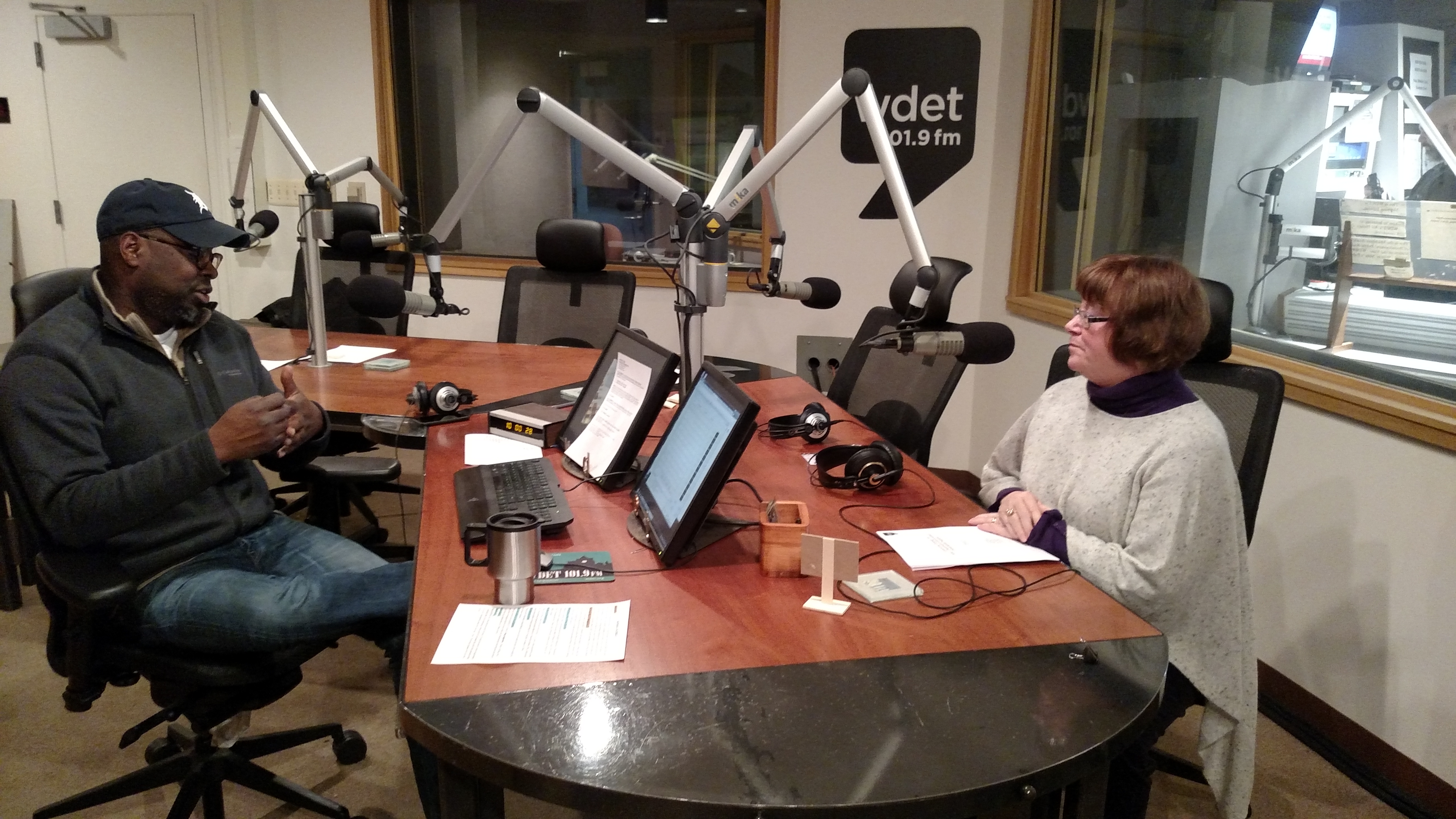Are Efforts by Facebook, Google to Filter Out “Fake News” Problematic?
“When [we] were kids, we had to find the information…today, the information is finding the kids,” says Erika Hobbs


Throughout American history, it’s been up to journalists to decide what information was worthy of publishing to the masses. Recently, of course, information has become so readily available online and on social media that it has become much harder to figure out what’s reliable. The last presidential election brought a flurry of so-called news stories that were simply made up to generate clicks. And with it, the term “fake news” became ubiquitous. Facebook and now Google are both now trying to filter out the fake news from their platforms.
Could it work? How much responsibility do we have to do our own filtering? And is it too late to put the lid on the mass spread of disinformation?
Detroit Today host Stephen Henderson speaks with Lee Wilkins, professor and chair of the Department of Communications, Wayne State University, and Erika Hobbs, communications director and program manager at The News Literacy Project in Chicago about the topic.
“We’ve always had fake news,” says Wilkins. “One-hundred-fifty years ago, we called it hoaxes. And the difference… is that when it was a hoax, everybody was kind of in on the joke. [With] fake news, we’re not in on the joke, and that’s in part because it looks very much like news… some of it generated through what you would call artificial intelligence.”
According to Hobbs, this isn’t the only difference, specifically when it comes to young people consuming fake news.
“Back when you and I were kids,” she says, “we had to find the information. And today, the information is finding the kids, and it is sort of overwhelming. And there’s mixed reactions depending on the the age of students that we’re working with. So some just kind of give up. They’re like ‘we don’t know what to believe, so we’re just not going to believe anything’.”
With this type of uncertainty, how can consumers defend against fake news?
“There are multiple anecdotes to all of it,” says Wilkins. “Certainly, the first one is the one that we’re all taught when we’re journalists is ‘If your mother says she loves you, check it out.’… Go to other places and find out whether or not that same thing is being repeated in the same way. I think that it’s appropriate for us as citizens to put pressure on organizations like Facebook and Google to do more than… they’re willing to do… Ultimately, it’s going to mess pretty thoroughly with their bottom line, but I think I’d rather I’d rather mess with their bottom line than our democracy.”
To hear the full conversation, click the audio player above.
